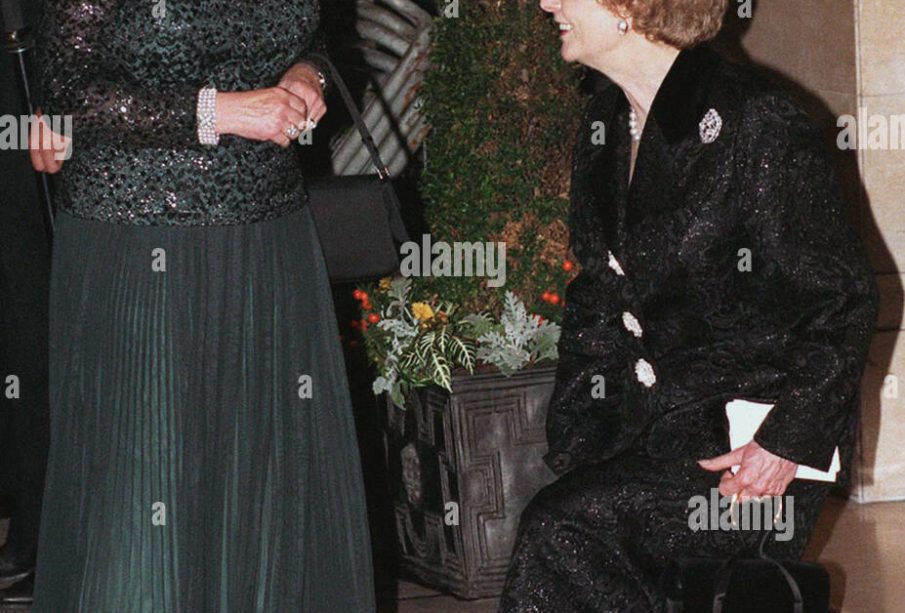Understanding the Legacy of Margaret Thatcher

Introduction
Margaret Thatcher, the first female Prime Minister of the United Kingdom, marked a significant turning point in British politics during her time in office from 1979 to 1990. Known as the ‘Iron Lady’ for her resolute leadership style, Thatcher’s policies and decisions not only reshaped the UK but also influenced global political landscapes during the Cold War. Her legacy remains a crucial topic of discussion in contemporary political discourse, reflecting on the successes and controversies of her tenure.
Thatcher’s Political Rise
Born on October 13, 1925, Margaret Thatcher graduated from the University of Oxford and entered politics in the early 1950s. She became the Member of Parliament for Finchley in 1959. Her ascent through the Conservative Party culminated in her election as party leader in 1975. Thatcher’s victory in the 1979 general election came during a period of economic turmoil and social unrest in the UK, marked by high inflation, unemployment, and widespread strikes.
Economic Policies and Reforms
Thatcher’s government focused on de-regulation of the economy, privatization of state-owned industries, and a commitment to reducing the power of trade unions. These measures, often summarized by the term ‘Thatcherism,’ aimed to revive a stagnating economy and combat inflation. Critics argue that her policies exacerbated social inequality, while supporters credit her with revitalising the British economy and restoring national pride.
Foreign Relations and the Falklands War
Thatcher’s strong stance on foreign policy included her unwavering support for the United States during the Cold War and her decisive military action in the Falklands War with Argentina in 1982. The successful retaking of the islands bolstered her popularity and contributed to her re-election in 1983. Her relationship with international leaders such as Ronald Reagan was pivotal in shaping Western strategy against the Eastern Bloc.
Controversies and Legacy
While Thatcher is celebrated by many for her strong leadership and economic reforms, her tenure was also marked by significant opposition. The Poll Tax, intended to reform local government financing, led to widespread protests and dissatisfaction. Thatcher’s eventual resignation in 1990 was seen by some as a reflection of the growing opposition within her party and the public’s response to her policies.
Conclusion
Margaret Thatcher’s legacy is a mixture of admiration and controversy. As the world reflects on her impact over three decades since her departure from office, discussions of her policies continue to shape political narratives in the UK and beyond. Her life and career serve as a testament to the complex nature of leadership and governance in a democratic society. Understanding her legacy provides valuable insights into contemporary political ideologies and the enduring debate on economic and social policies.









